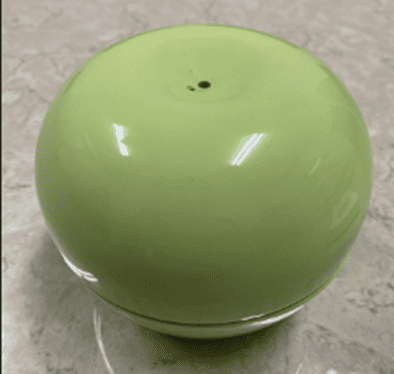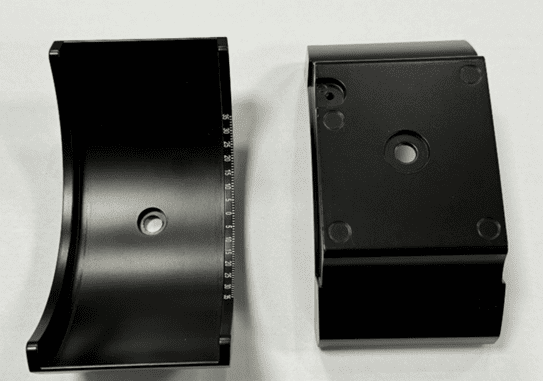Aluminum casting parts are widely used in various industries due to their lightweight properties and excellent strength-to-weight ratio. However, these parts often require additional surface treatments to protect against corrosion and enhance their appearance. In this article, we’ll explore several surface treatment options for aluminum casting parts that offer both corrosion protection and improved visual quality, helping you make the best choice for your project.
Why Surface Treatment is Crucial for CNC Machined Aluminum Casting Parts
While aluminum has natural corrosion resistance due to the formation of a protective oxide layer, additional treatments are often necessary to protect against harsh environments, especially when parts are exposed to moisture, chemicals, or salt. Beyond corrosion protection, industries like automotive, aerospace, and consumer goods also demand aesthetically appealing finishes for aluminum components.

Explore the best surface treatments for aluminum castings to achieve superior corrosion protection and stunning visual quality.
1、Anodizing
Why anodizing is not applicable to CNC machined aluminum casting part ??
Because Aluminum castings usually contain a higher silicon content, and silicon affects the formation of the oxide layer during the anodizing process, resulting in that anodizing may just create gray colour only and color is uneven . This is because unlike aluminum ,silicon cannot form a transparent or uniform oxide .
2. Powder Coating
Powder coating involves applying a dry powder to the surface of aluminum parts and then curing it under heat. This creates a tough, durable layer that protects against corrosion and offers a smooth, attractive finish. Powder coating is highly versatile, available in numerous colors and textures, making it a great choice for enhancing visual quality.
Advantages:
- Superior corrosion protection
- Wide range of colors and textures
- Resistant to chipping, scratching, and fading
Best For: Applications where both aesthetics and durability are critical, such as consumer products and outdoor furniture.
3. E-Coating
Electrophoretic deposition (E-coating) is another effective method for protecting aluminum castings. This process involves immersing the part in a solution where a thin, uniform coating is electrically deposited on the surface. E-coating is known for its excellent corrosion resistance, though it tends to be thinner than powder coating and is less commonly used for decorative purposes.

Advantages:
- High corrosion resistance, even in tight spots and complex geometries
- Thin, uniform coating
Best For: Parts requiring corrosion protection in highly corrosive environments, such as automotive or marine components.
4. Plating (Chromate Conversion Coating)
Chromate conversion coating, also known as chem film, is a chemical process that applies a protective layer to aluminum. It provides good corrosion resistance while maintaining electrical conductivity. Although not as visually appealing as powder coating or anodizing, it can be used as a base layer for painting or further coating.
Advantages:
- Provides corrosion resistance
- Maintains electrical conductivity
- Can be used as a base for other coatings
Best For: Applications that require functional corrosion protection and conductivity, such as electrical components or aerospace parts.
Choosing the Right Treatment for Your Aluminum Castings
Selecting the best surface treatment depends on the specific requirements of your project. If you need high corrosion resistance with aesthetic appeal, anodizing or powder coating are excellent choices. For parts requiring maximum corrosion protection in harsh environments, E-coating or plating may be the better option.
Conclusion
Surface treatments play a vital role in extending the life and improving the appearance of aluminum casting parts. Whether you’re focused on corrosion protection, visual quality, or a combination of both, understanding the different treatment options will help you choose the best solution for your needs. For more information on how to select the right surface treatment for your aluminum casting project, contact us today!
